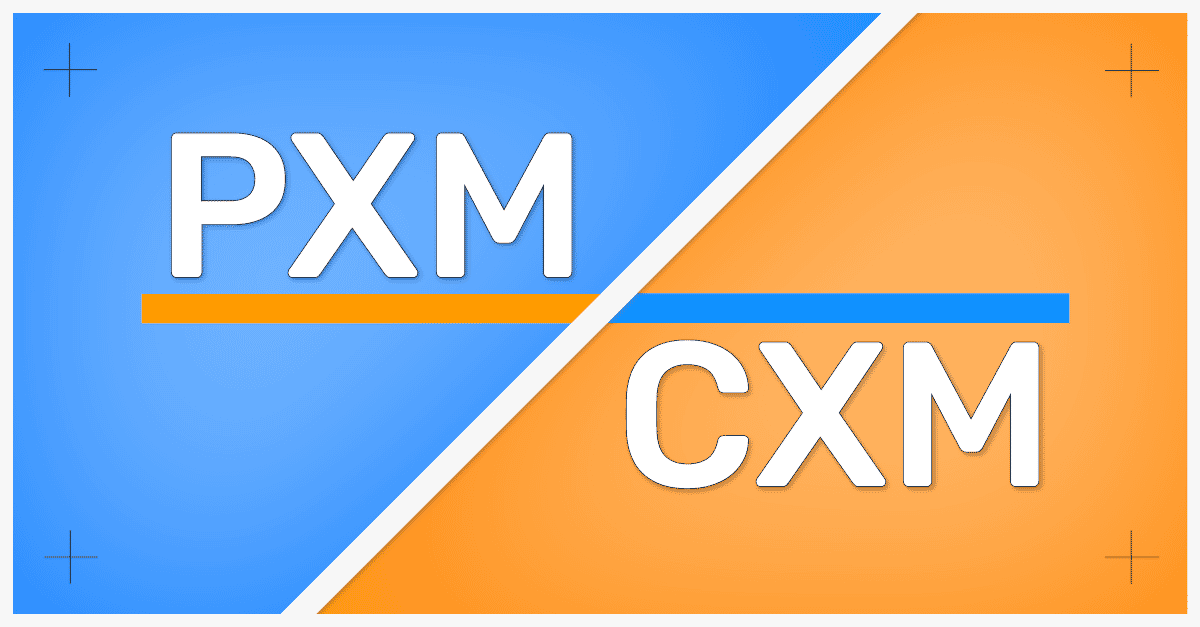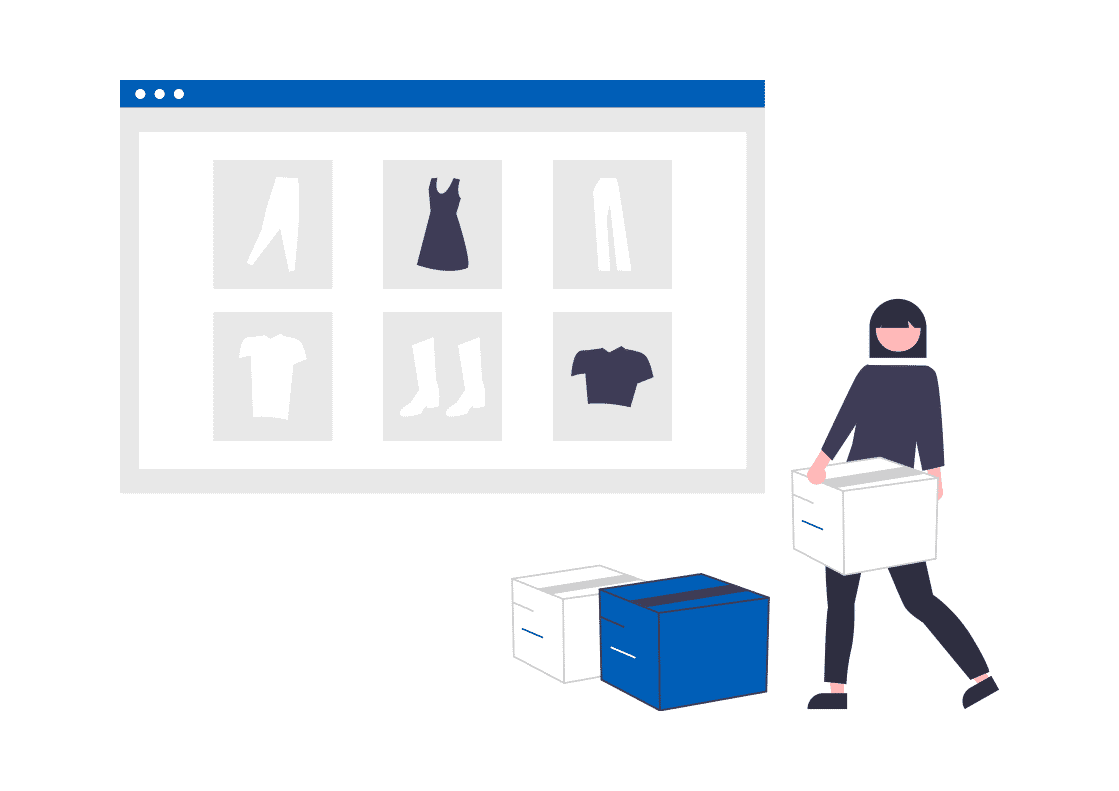
As a business, it's important to get the relationship with your customers right. Business is about trust at the end of the day, and there's no greater way of building trust than with a great relationship. So, that brings us to PXM and CXM. Both are extremely important aspects of business because both are about creating and enhancing trust.
This article will explain the differences between PXM (Product Experience Management) and CXM (Customer Experience Management).
What do PXM and CXM mean?
CXM stands for Customer Experience Management. It's the concept of a business focusing on creating great experiences for its customers. Often that is through excellent service and interaction with buyers, leading to immense satisfaction. But CXM can take many different forms.

PXM means Product Experience Management. This is a subsidiary of CXM, where the focus is still on creating a great experience for customers, however, PXM focuses on the products themselves. We have written much more detail on this in our 'What is PXM?' blog, however, here we are going to focus on how it differentiates from CXM.
The differences between PXM and CXM?
The easiest way to explain the difference between PXM and CXM is to highlight what they both target:
- CXM is about creating a great relationship between your customers and your brand.
- PXM is about creating a great relationship between your customers and your products.
What this means is that CXM is everything to do with making buyers view your whole company in a positive light. The best example of this is attentive customer service. Are you easily contactable? How quickly do you reply to inquiries and questions? Do you go out of your way as a company to help potential buyers find solutions to their problems?
Another aspect of building a strong CXM is the consistency of brand messaging. Is every aspect of your business speaking to the same type of customer... your ideal customer? This means that potential buyers know what to expect when dealing with you and their expectations are met each time they have an interaction.
Now, let us compare that to Product Experience Management. Again, it is about the experience for customers but this time with a product focus. Is your product information accurate and consistent for your customers? This is without question the most important part of PXM. Customers aren't going to have a great experience with your products if the data associated with them is flimsy and thin. Detailed data around items is becoming the standard, particularly in eCommerce.
It also might involve personalising the product experience for customers. Targeting them with highly specific, creative digital ads and emails can really boost the PXM for your company. It could even mean connecting customers to other relevant products based on the ones they are browsing. Potential buyers are learning to expect that kind of insight from companies. Providing it will only make them enjoy your company more. Think about Amazon and their "people also bought" suggestions when you are on one of their product pages.

In summary
Now, of course, there is plenty of cross-over between PXM and CXM. Ultimately both are about enhancing the customer relationship. One of them does so directly, the other is through your products. Businesses that really push these relationships are the ones more likely to see loyalty to their brand. Returning, loyal customers are extremely important in an age where the consumer could find the cheapest price for an item on the internet in 10 seconds. PXM/CXM might mean they don't want to find the cheapest price because they like (and trust) your company. So the importance of PXM and CXM in the increasingly competitive digital space can not be overstated.
PIM software such as OneTimePIM plays a really crucial role in giving companies great PXM. It's all about getting your product information organised, enriched, and accurate, then distributing that product information to your sales channels automatically. If you'd like to learn more about our best-in-class PIM system, then don't hesitate to book yourself a no-obligation free demo.